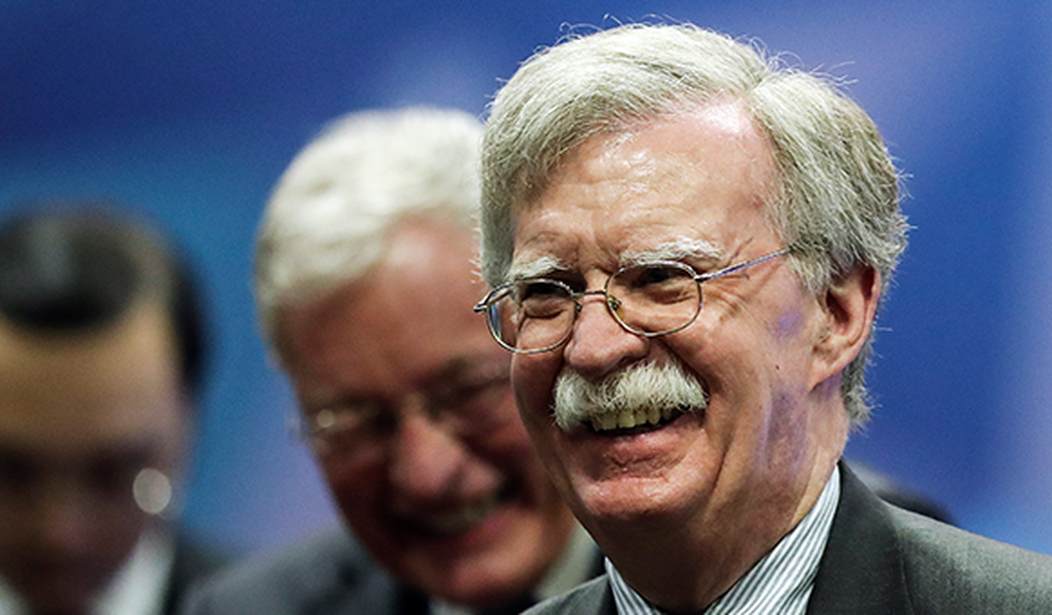The United States is open to signing "sector-by-sector" micro trade deals with Britain as the October 31 Brexit deadline looms, offering to the British economy a much-needed cushion from the worst impacts of a potential no-deal Brexit, according to National Security Advisor John Bolton on Wednesday.
"The ultimate end result is a comprehensive trade agreement covering all trading goods and services," Bolton said, according to The Guardian. "But to get to that you could do it sector by-sector, and you can do it in a modular fashion. In other words, you can carve out some areas where it might be possible to reach a bilateral agreement very quickly, very straightforwardly."
In particular, Bolton noted that he is optimistic that Britain and the United States can sign a trade agreement in areas like manufacturing, a key sector for the Trump administration. He did note, however, that deals in other sectors like finance might take some time.
Bolton's prioritization of a U.S.-Britain trade deal gave hope to Brexiters, who hope to make substantial inroads with the U.S. prior to the Brexit deadline. The British economy has already contracted for the first time since 2012, and some critics believe that a no-deal Brexit — which the prime minister has not ruled out — could severely disrupt the economy.
In a move encouraging for Johnson and other committed Brexiters, the national security advisor emphasized that Britain is "constantly at the front of the trade queue" for a trade deal with the United States, directly refuting President Barack Obama's 2016 comment that Britain will have to go to the "back of the cue" for a U.S. trade deal — a remark then widely criticized by the British public.
Bolton also offered a wholehearted, "enthusiastic" endorsement of Brexit — deal or no deal — saying that he and the president were "leavers before there were leavers."
Recommended
"If there was a no-deal Brexit, that would be a decision of the British government. We would support it enthusiastically," he said.
The British parliament has repeatedly rejected a withdrawal deal presented by the European Union because it has the Irish backstop, a stipulation that Britain will remain in the E.U. customs union unless it can keep an open border between Ireland and Northern Ireland. The rule intends to prevent the rampant violence that plagued the area during The Troubles, but Brexiters say the rule effectively renders Brexit meaningless if Britain must stay within the customs union anyways.
House Majority Leader Nancy Pelosi has ruled out any trade deal with Britain if Britain leaves the European Union in a manner that could jeopardize the Good Friday Agreement, a treaty that established peace between the feuding factions of The Troubles. Pelosi's stance essentially signals opposition to the erection of a hard border in the Emerald Isle, according to BBC.
Bolton, however, downplayed those concerns, saying that any piecemeal trade deals with Britain should pass Congress with bipartisan support.
























Join the conversation as a VIP Member